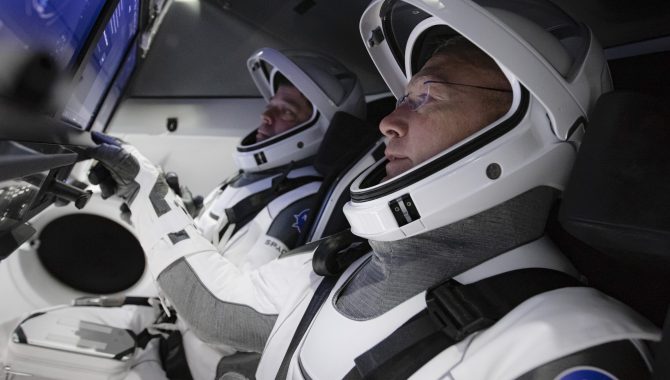
NASA Commercial Crew Program Chief Engineers Steve Sullivan, Chris Lupo and Deborah Crane discuss the new approach for launching American astronauts to space.

NASA Commercial Crew Program Chief Engineers Steve Sullivan, Chris Lupo and Deborah Crane discuss the new approach for launching American astronauts to space.
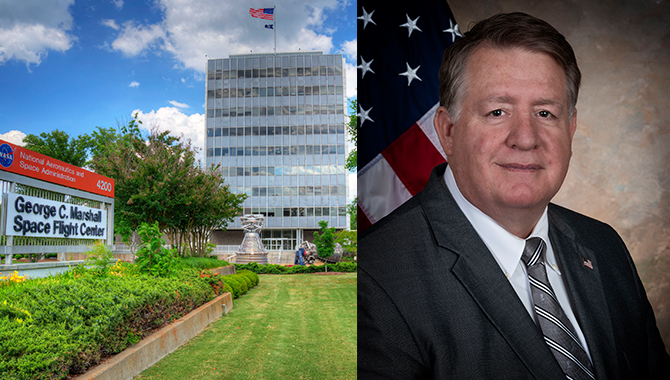
Preston Jones discusses knowledge sharing at NASA’s Marshall Space Flight Center.
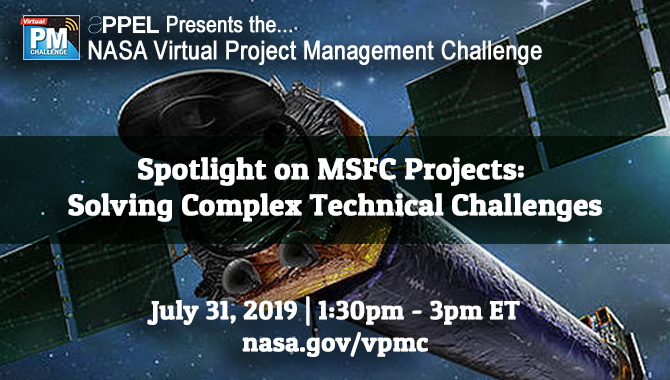
Talented people who work on programs and projects at NASA centers are the lifeblood of the agency’s mission success. In future sessions, the VPMC will spotlight programs and projects at different NASA centers and share insights from people who keep the projects moving forward.
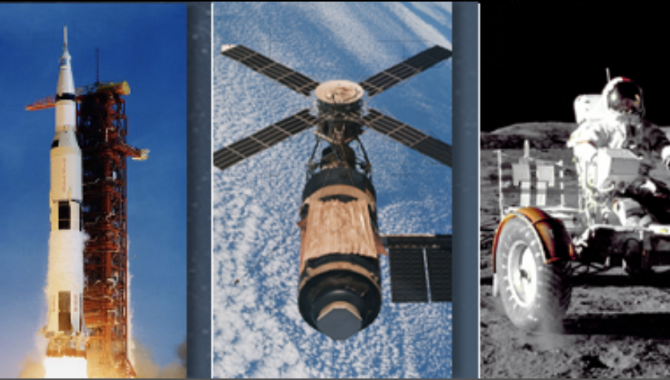
The MSFC History Office contains and creates oral histories from distinguished current and former MSFC leaders. Prominently, the Webpage highlights oral histories from 40 interviewees featured in Power to Explore: A History of Marshall Space Flight Center, 1960-1990 and a spotlight on Dr. Werner Von Braun, first Center Director of the Marshall Space Flight Center. […]
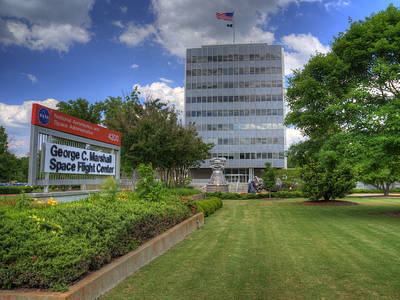
The Marshall Virtual Information Notebook, MarVIN, (formerly called the Engineering Notebook or the Propulsion Databook) is a MediaWiki-based tool for capturing specific working knowledge during a project in a format familiar to everyone. MarVIN allows for both encyclopedia-like recordation of facts, terminology, and knowledge, and as a self-censored recordation of emerging facts and figures cogent […]
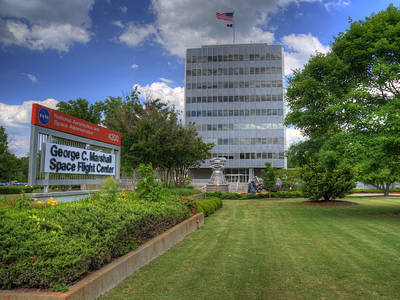
PECE provides a structured digital location for organizing discipline specific Communities of Practice (CoP). Using a SharePoint platform, organizational knowledge is collected in communities and neighborhoods. PECE houses lessons learned, best practices, work instructions, and training guides that are relevant to each CoP. PECE features a search tool that allows community members to search across […]
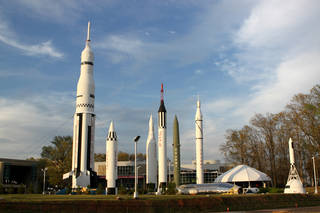
Case Studies illustrating the experiences of MSFC project leaders, program managers, scientists, and engineers are shared through the NASA LLIS system and on MSFC’s ExplorNet site addressing such topics as design decisions, launch commit decisions, project team dynamics, program planning and execution, and overcoming impediments to innovation.
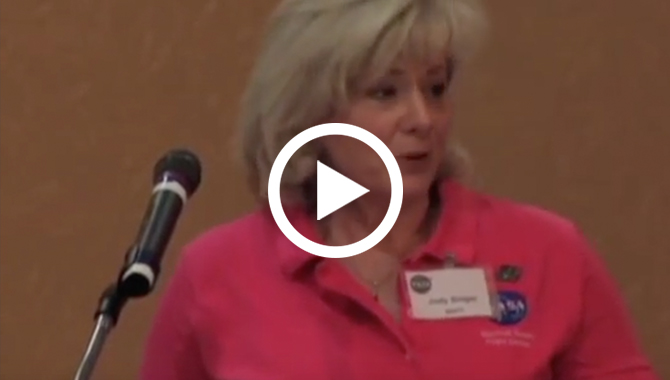
Testing is an important part of reducing risk in spacecraft design, and can help determine limits and allow learning about a spacecraft’s performance.
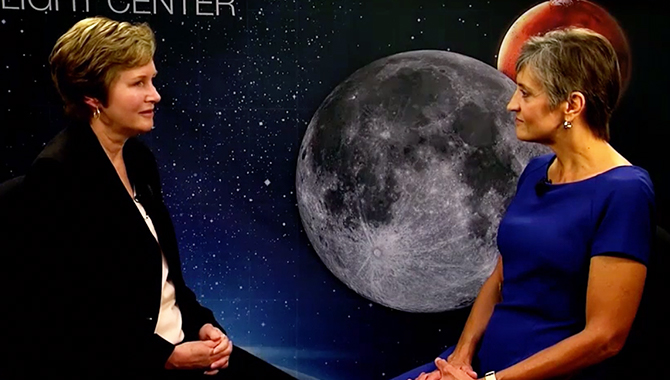
From 3-D printing rocket engine components to managing the world’s most powerful X-ray telescope, Marshall finds a way.